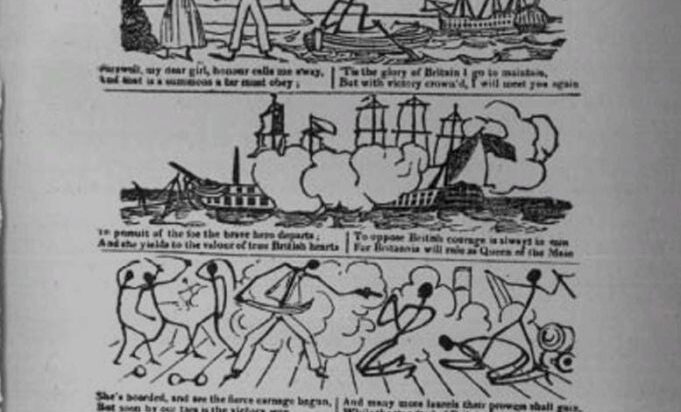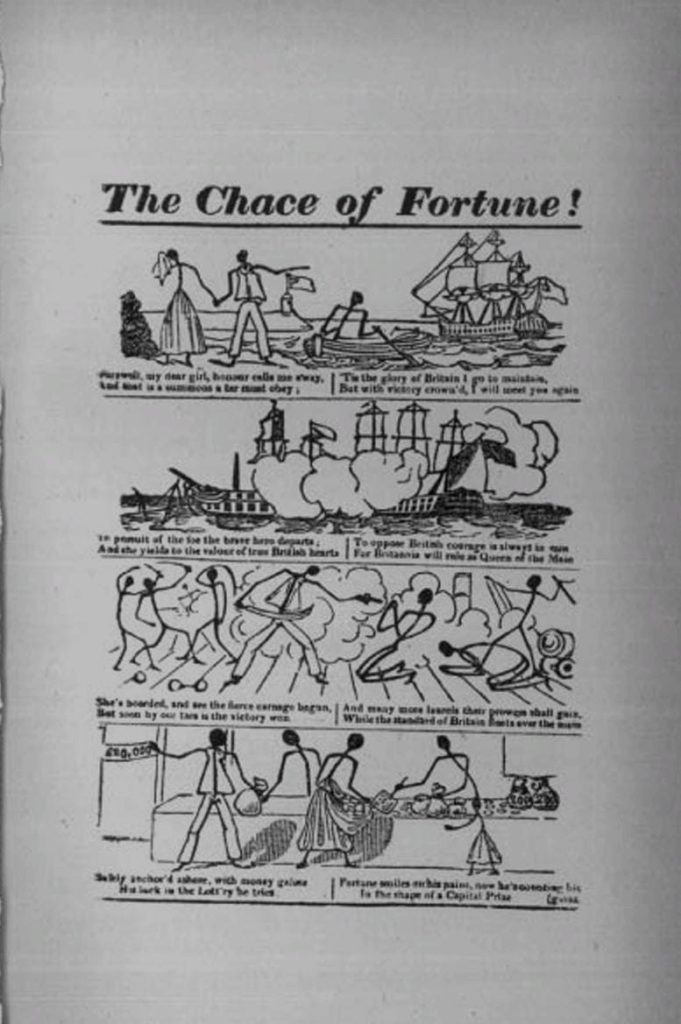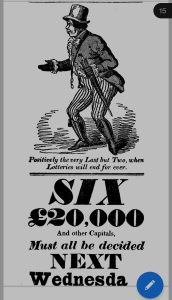Want to know about history of lotteries? This book from 1893 is a read must

Prepend to the content

This post offers a glimpse on evolution of lottery especially in England offering a glimpse into the evolution of these games of chance. The historical journey, as chronicled by John Ashton in “The History of English Lotteries,” released in 1893 provides a comprehensive understanding of the intricate tapestry that weaves together society, economics, and the allure of fortune.
Lotteries trace their roots back to the early 17th century in England, gaining momentum as a means of raising funds for public projects and initiatives. One of the earliest recorded lotteries was authorized by Queen Elizabeth I in 1567, intended to generate revenue for the reconstruction of harbors and fortifications.
However, it wasn’t until the early 17th century that lotteries became a more structured and widespread phenomenon. The allure of winning substantial prizes, often in the form of cash or valuable goods, attracted participants from various social strata. As the popularity of lotteries grew, they became a common feature in financing public works, including bridges, roads, and charitable institutions.
John Ashton’s book delves into the legal frameworks and regulations that surrounded these games as of 1893. Lotteries in England faced periods of prohibition and resurgence, influenced by changing public perceptions, religious attitudes, and governmental policies. Despite occasional bans, the appeal of lotteries endured, reflecting the desire for a chance at fortune and the willingness to support public causes.
The 18th century England witnessed a surge in lottery activity, with the government utilizing these games as a means to secure funds for various projects, including the construction of public buildings and the support of military endeavors. The lottery system became a crucial financial instrument for both public and private ventures.

However, concerns about fraud and manipulation prompted regulatory measures and eventually led to the decline of lotteries in the mid-19th century. The 1823 Lottery Act imposed stricter regulations, aiming to curb fraudulent practices and restore public trust. Subsequent legislation further restricted and eventually extinguished the once-flourishing lottery tradition in England.
In conclusion, the antiquities of lotteries in England, as illuminated by John Ashton’s historical account, provide a nuanced understanding of the societal, economic, and regulatory forces that shaped this captivating chapter. From early attempts to fund public projects to the eventual decline due to concerns over integrity, English lotteries have left an indelible mark on the nation’s history, reflecting the complex relationship between fortune, governance, and public finance.
The book written by John Ashton more than 130 years back offers a good starting point to the interested researchers.
Images from the book.
The post Want to know about history of lotteries? This book from 1893 is a read must appeared first on G2G News.



